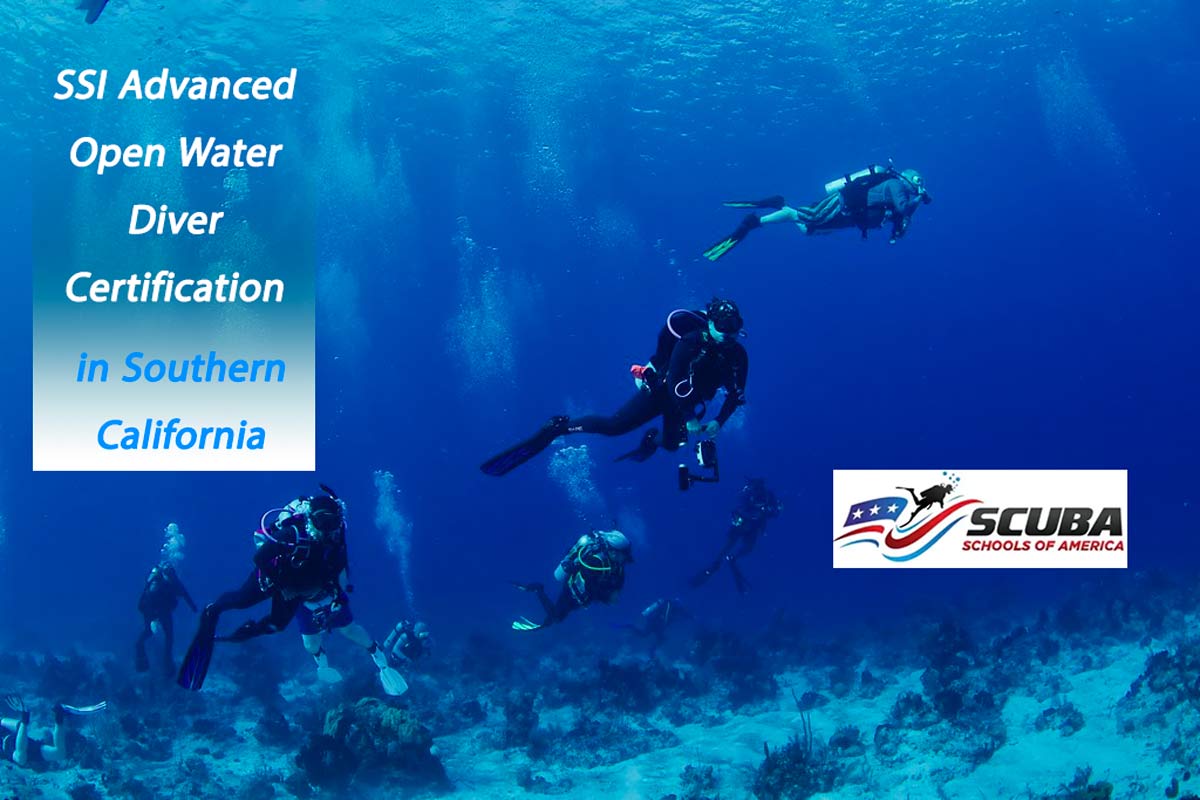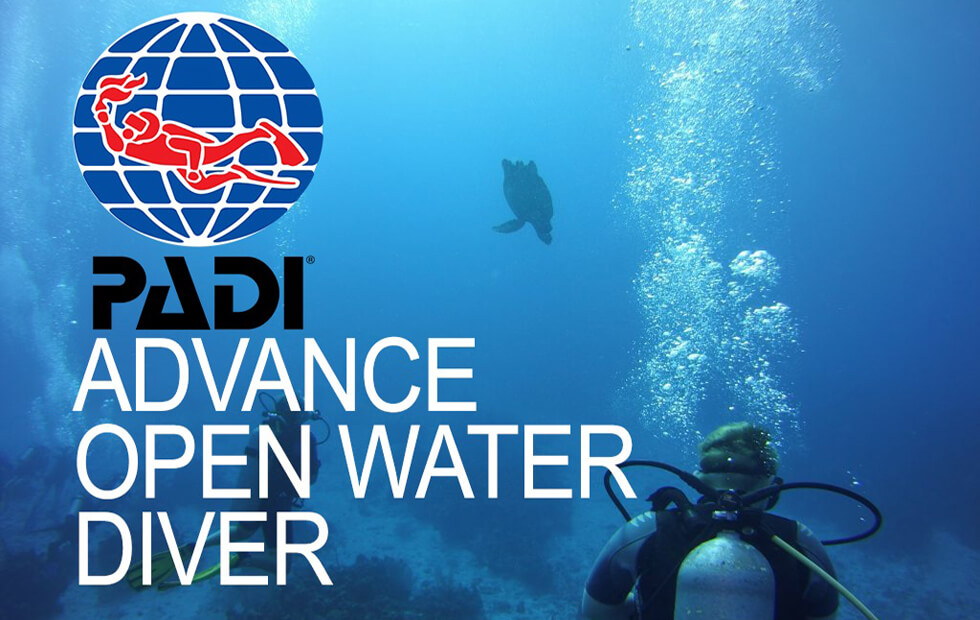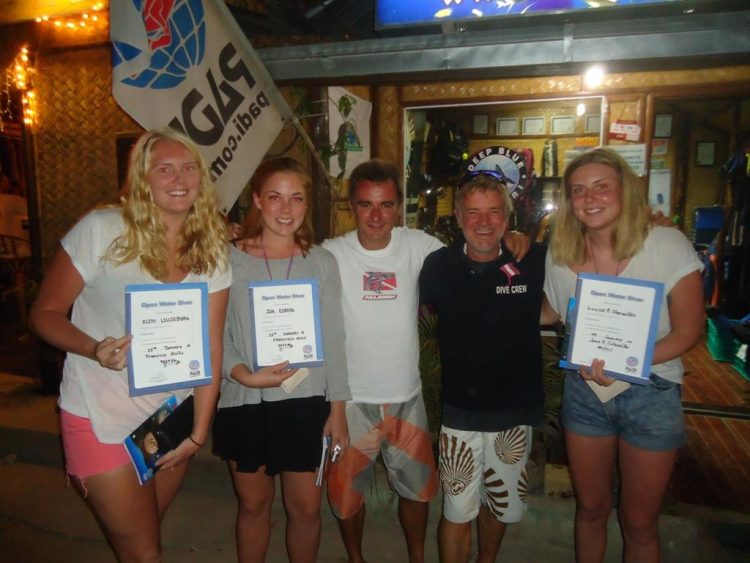Diving into the world of open water certification depth opens a gateway to a lifetime of underwater adventures. If you're considering becoming a certified diver, understanding the depth limitations and requirements is crucial for your safety and enjoyment. Open water certification depth is a fundamental aspect that every aspiring diver should know before taking the plunge.
Whether you're a thrill-seeker looking to explore vibrant coral reefs or someone fascinated by marine life, open water certification is the first step in your diving journey. This certification not only teaches you the essential skills for safe diving but also sets clear boundaries regarding the depths you can explore.
In this comprehensive guide, we'll delve into everything you need to know about open water certification depth. From the basics of certification to the advanced levels of diving, we aim to provide you with valuable insights to ensure your diving experience is both safe and enjoyable.
Read also:Izzy Fooks Michyna Rising Star In The Fashion Industry
Table of Contents
- Introduction to Open Water Certification
- Understanding Open Water Certification Depth Limits
- The Open Water Certification Process
- Safety Tips for Diving Within Depth Limits
- Advancing Beyond Open Water Certification Depth
- Frequently Asked Questions About Open Water Certification Depth
- Choosing the Right Equipment for Your Certification
- Importance of Proper Training in Open Water Diving
- Best Locations for Open Water Certification
- Conclusion: Dive Into Your Future
Introduction to Open Water Certification
Open water certification is the foundation of recreational diving. It equips divers with the knowledge and skills necessary to explore underwater environments safely. As part of this certification, understanding the depth limits is critical, as it ensures divers remain within safe boundaries while building their confidence.
Why Open Water Certification Matters
Obtaining an open water certification is not just about learning how to dive; it's about mastering the skills that keep you safe underwater. The certification process covers everything from basic diving techniques to emergency procedures, ensuring you're well-prepared for your dives.
One of the key aspects of this certification is the emphasis on depth limits. By adhering to these limits, divers can avoid common risks associated with deep diving, such as decompression sickness and nitrogen narcosis.
Understanding Open Water Certification Depth Limits
One of the primary concerns for new divers is understanding the open water certification depth limits. Typically, open water divers are certified to dive up to 18 meters (60 feet). This depth range is considered safe for beginners and allows you to explore a wide variety of underwater environments.
Factors Influencing Depth Limits
- Experience Level: Beginners are restricted to shallower depths to build confidence and skill.
- Physical Condition: Divers with pre-existing medical conditions may need to adhere to stricter depth limits.
- Environmental Conditions: Water temperature, currents, and visibility can influence safe diving depths.
It's important to remember that exceeding these limits without proper training can pose significant risks to your health and safety.
The Open Water Certification Process
The journey to becoming an open water diver involves several stages, each designed to progressively build your skills and confidence. The certification process typically includes classroom sessions, confined water training, and open water dives.
Read also:Unveiling The Legacy Waxy Oconnors London
Key Steps in the Certification Process
- Classroom Sessions: Learn the theory behind diving, including physics, physiology, and safety procedures.
- Confined Water Training: Practice essential skills in a controlled environment, such as a pool.
- Open Water Dives: Apply your skills in real-world conditions under the supervision of a certified instructor.
By the end of the certification process, you'll be well-equipped to dive confidently within the established depth limits.
Safety Tips for Diving Within Depth Limits
While open water certification provides the necessary training, it's essential to follow safety protocols to ensure a safe and enjoyable dive. Here are some tips to keep in mind:
- Always dive within your certification limits.
- Plan your dive and dive your plan.
- Monitor your air supply and depth gauge regularly.
- Never hold your breath while ascending.
Adhering to these safety tips will help you avoid common pitfalls and ensure a safe diving experience.
Advancing Beyond Open Water Certification Depth
Once you've gained experience as an open water diver, you may wish to explore deeper depths. Advanced certifications, such as the Advanced Open Water Diver certification, allow you to dive up to 30 meters (100 feet). These courses build on the skills you've already mastered and introduce you to new techniques and environments.
Benefits of Advanced Certification
- Access to deeper and more diverse dive sites.
- Enhanced skills and confidence in various diving conditions.
- Opportunities to specialize in specific areas, such as wreck diving or night diving.
With advanced certification, you can expand your diving horizons and explore the depths that open water certification alone cannot reach.
Frequently Asked Questions About Open Water Certification Depth
Can I Dive Deeper Than 18 Meters With Open Water Certification?
No, open water certification limits divers to a maximum depth of 18 meters (60 feet). To dive deeper, you'll need to pursue advanced certifications that teach you the skills necessary for safe deep diving.
How Long Does Open Water Certification Take?
The duration of open water certification varies depending on the course structure and your learning pace. On average, it takes three to five days to complete the certification process.
Choosing the Right Equipment for Your Certification
Having the right equipment is crucial for a successful diving experience. When selecting gear for your open water certification, consider factors such as comfort, fit, and quality. Essential equipment includes:
- Mask
- Snorkel
- Fins
- Wetsuit
- Buoyancy Control Device (BCD)
- Regulator
Investing in high-quality gear will enhance your comfort and safety during dives.
Importance of Proper Training in Open Water Diving
Proper training is the cornerstone of safe and enjoyable diving. Open water certification ensures that you have the skills and knowledge needed to dive confidently within established limits. By working with experienced instructors and following a structured curriculum, you can minimize risks and maximize your diving experience.
What to Look for in a Diving Instructor
- Credentials from recognized diving organizations, such as PADI or SSI.
- Positive reviews and testimonials from past students.
- A patient and supportive teaching style.
Choosing the right instructor can make a significant difference in your learning experience.
Best Locations for Open Water Certification
When it comes to open water certification, the location can greatly impact your experience. Some of the best places to obtain your certification include:
- The Great Barrier Reef, Australia
- Maldives
- Red Sea, Egypt
- Bali, Indonesia
These locations offer pristine waters, vibrant marine life, and excellent diving conditions, making them ideal for beginners.
Conclusion: Dive Into Your Future
In conclusion, understanding open water certification depth is vital for every aspiring diver. By adhering to established limits and following proper training protocols, you can ensure a safe and enjoyable diving experience. Whether you're exploring shallow reefs or planning to advance to deeper depths, the skills you gain through certification will serve as the foundation for your diving journey.
We invite you to share your thoughts and experiences in the comments below. For more information on diving and related topics, explore our other articles and resources. Happy diving!
Data and references for this article were sourced from reputable diving organizations such as PADI and SSI, ensuring the accuracy and reliability of the information provided.



